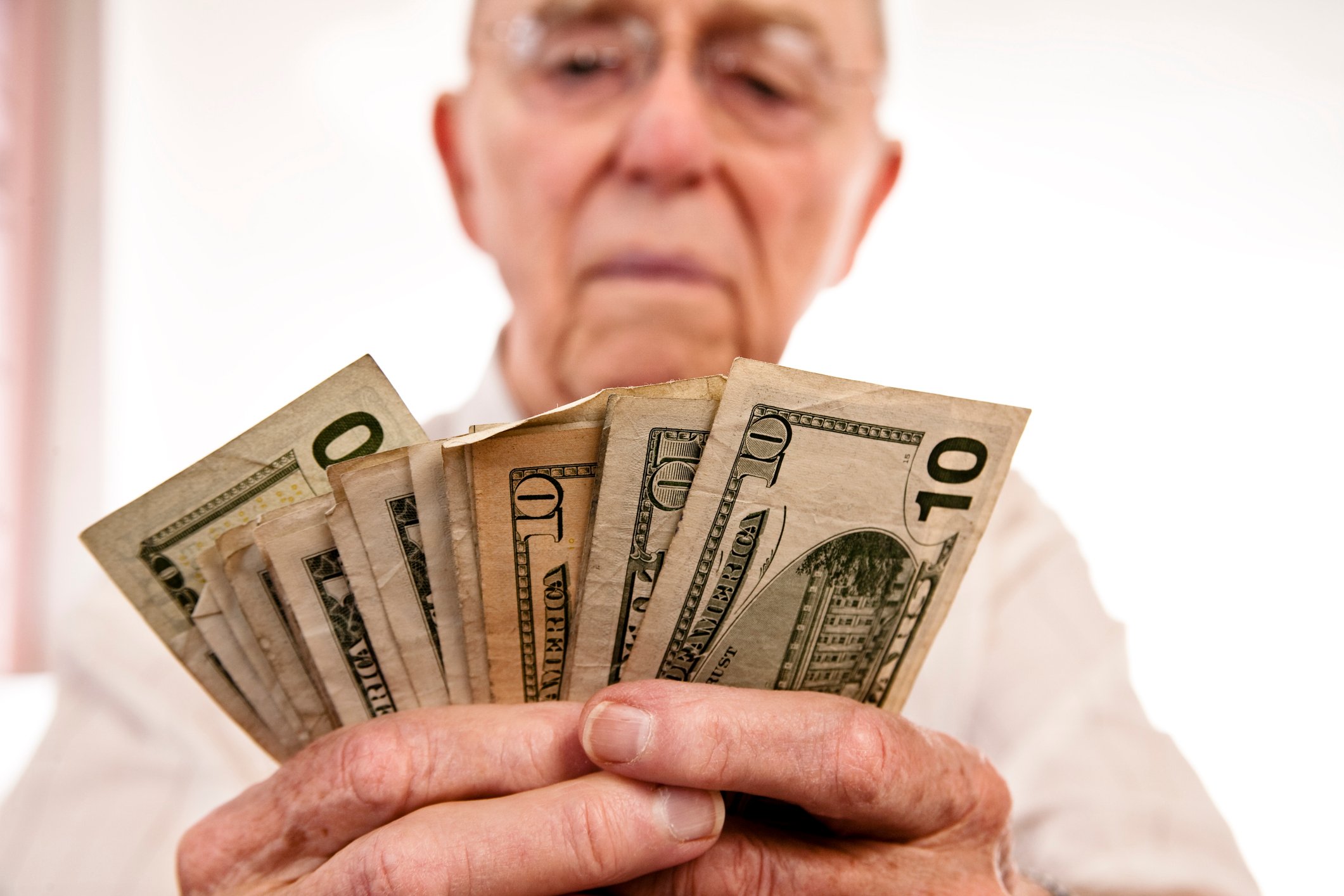A lot of my friends began socking money away for retirement in their late 30s or during their 40s, once they'd managed to save up a home down payment, get rid of their student loans, and get past the stage of having to pay for day care.
I didn't start saving for retirement the second I graduated college. I, too, had student debt and other expenses monopolizing my limited income.

Image source: Getty Images.
But I did begin saving for retirement in my 20s. First, I enrolled in my old employer's 401(k) plan. When I became self-employed, I rolled that balance into an IRA and continued making contributions. Eventually, I moved over to a solo 401(k) for the larger contribution limits these accounts offer.
I've also, through the years, been saving for retirement in a non-tax-advantaged account. The reason is that retirement plans like IRAs and 401(k)s impose a 10% early withdrawal penalty for taking a distribution prior to age 59 and 1/2.
I have no idea when I'll retire, and a big part of me doesn't like the idea of stopping to work completely. But having a taxable brokerage account buys me more options.
A big part of my retirement savings strategy involves me putting money into stocks. I own shares of individual companies as well as different ETFs.
But I also happen to have a decent amount of cash in my portfolio, despite still being decades away from a traditional retirement age. And while some people might tell me I'm selling my returns short, I don't agree.
Why cash makes sense for me
There are two reasons I keep a lot of cash in my long-term portfolio. And before I go any further, I want to be clear that the cash I'm talking about is not my emergency fund. That's separate cash to cover a near-term crisis or unemployment situation.
With that out the way, the first reason I hang onto cash is that it helps me sleep at night. The purpose of investing is to better our lives. When you invest for retirement, the goal is to help ensure that you're able to cover your future expenses without stress. Ultimately, it's a quality of life issue.
Having cash gives me peace of mind as an investor, and that's reason enough for me to keep doing it. Also, having cash helps me feel better about keeping a large chunk of my money in the stock market, despite the risks. So it's fair to say that cash lends to my overall strategy.
The second reason I like to keep cash on hand is that it can serve as a buying opportunity. The stock market is going to take a tumble at some point in time -- it's just a matter of when.
Hopefully, it will recover quickly. But when stocks are down, I like to take advantage and buy shares at a discount. I need cash to do that.
I don't want to end up in a situation where I have to sell other shares at a loss to give myself the option to scoop up quality stocks at a discount. So I always make a point to keep some cash in my portfolio.
You have to do what works for you
Some people might look at the amount of cash I have in my portfolio and tell me it's overkill. I think that because I still have the majority of my portfolio invested in the stock market, it's not excessive.
But you know what? It's my money, so I'm doing what's best for me. Similarly, you should do what's best for you, too. If that means having a decent chunk of cash at the ready, so be it. As long as you're investing a good amount of your money in the stock market, you may find that having some cash helps you strike a good balance.





